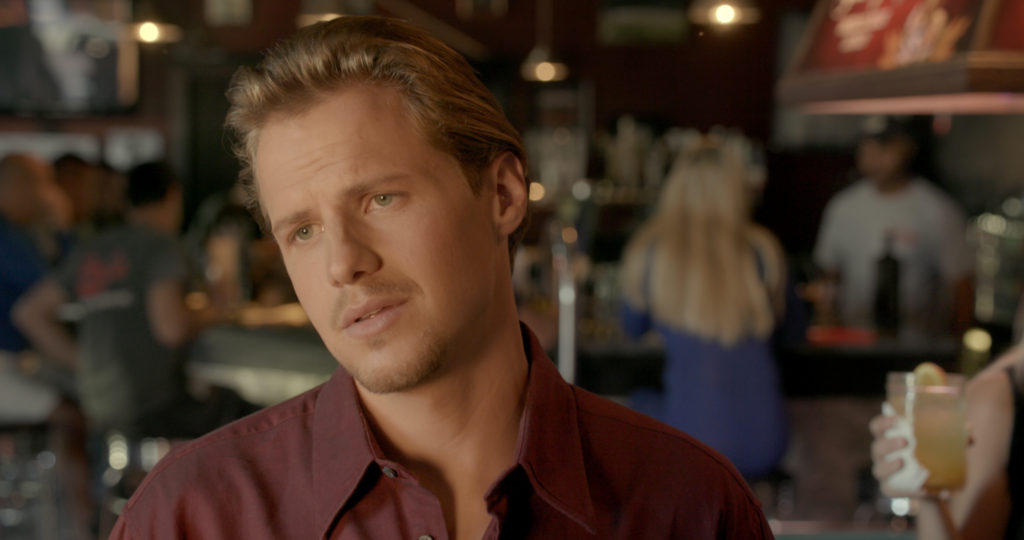
Starring in two Christmas movies this holiday season, including “Jingle Around the Clock” premiering Saturday on Hallmark Channel, Catherine Lough Haggquist has been surrounded by festive fare since September. Excited to be a part of the seasonal content consumption traditions of television viewers, the Vancouver native promises her films carry more bang for your Christmas buck than one of those yule log videos that we all can’t get enough of.
We recently sat down with Lough Haggquist about her prolonged holiday season, the reason Christmas movies continue to excite audiences, and the behind-the-scenes magic that makes “Supernatural” so successful.
TrunkSpace: We’re suckers here for a feel-good Christmas movie. You happen to be in two of them this year, “Christmas Pen Pals” and “Jingle Around the Clock.” Has your holiday season felt extended because we assume you’ve been surrounded by festive flare much longer than most of us given the production schedules of both films?
Lough Haggquist: I always love the holidays, so yes, it was great to get them started early. Usually, Christmas movies film in the summer, which makes it hard to get your Christmas jam on. In this case, we filmed “Christmas Pen Pals” in September and then “Jingle Around the Clock” just before Thanksgiving in November, so it just really felt like the holidays started early and haven’t really ended yet.
TrunkSpace: Projects like “Jingle Around the Clock” continue to grow in popularity each year, with networks like Hallmark being one of the few to build its audience. What do you think the draw is for audiences to tune into holiday films, especially in such an over-saturated market?
Lough Haggquist: I think holiday films are like holiday carols, in that they are a unique celebrations and representations of the season. In each case, you’re always looking for the new one that will become part of your holiday tradition. I know people who keep their TVs on holiday movies all day long, like other people play Christmas radio stations – as a nice way to create a holiday feeling at home – and besides, holiday films usually have better plots than the Christmas fire log video.
TrunkSpace: Television is well-known for having breakneck production schedules, but it is our understanding that films like “Jingle Around the Clock” make other television projects look like marathons. Does a quicker production schedule force you to approach performance in a different way? Do you have to try and find an understanding with your character prior to shooting your first scene?
Lough Haggquist: I think that in general when working in television, you have a shorter timeline to create than you would on a feature film. As such, you have to come prepared and in turn, you will work with others who are similarly prepared. In my case, I enjoy the fast pace, because it forces me to make clear choices quickly and it creates an interesting energy on set. The energy pushes all of us to do good work in a shorter time period. You have to bring your A-game and you have to come to slay!
feature film. As such, you have to come prepared and in turn, you will work with others who are similarly prepared. In my case, I enjoy the fast pace, because it forces me to make clear choices quickly and it creates an interesting energy on set. The energy pushes all of us to do good work in a shorter time period. You have to bring your A-game and you have to come to slay!
TrunkSpace: Not only are we suckers for Christmas movies, but we’re also suckers for “Supernatural.” You’ve guested on the series twice over the years, playing a different character each time. From what we’ve heard, that is one of the smoothest-running series in the biz. What was your experience like working on that show at different moments in your career?
Lough Haggquist: The first time, I was a little bit thrown off by how much fun everyone was having on set. They were fully prepared and committed when it was time to shoot, but between takes, there were lots of jokes and the atmosphere was so relaxed. In television, the long days and time constraints don’t always lend themselves to that kind of working environment, so this experience was new to me at that time.
When I returned to “Supernatural” again, I knew what to expect, so not only was I welcomed back, but I got to be part of the fun, myself. I have no doubt that the show’s longevity is related in no small way to the fun and playful atmosphere that is created by the cast and crew.
TrunkSpace: How important are shows like “Supernatural” and “iZombie,” which you have also appeared on, to the acting community in and around the Vancouver area? Would it be a different landscape if such high profile shows like those and others were not actively shooting there?
Lough Haggquist: Having so many series available for actors to work on is necessary for the overall talent pool and sustainability of our creative community. With more work being available, it makes acting a viable career choice and I’m very grateful for episodic television as it’s offered regular work to myself and others.
That said, I think that the volume of film and television projects in Vancouver inspires all of us because it keeps the city vibrant with creative energy and makes everyone – whether we were actors, filmmakers, or another vital part of the industry – want to contribute and be part of it in our own respective ways.
TrunkSpace: As you look back over your career, can you pinpoint a single “big break” that took you to the next level, and if so, what was that role or project?
Lough Haggquist: I think that the project that was essentially my “big break” was when I was hired to be Holly Robinson’s stand-in on “21 Jump Street” because even though it wasn’t an acting job per se, it was the first time that I had ever had any extended exposure to the television-making process. Prior to that, I had only done commercials and a music video, and I hadn’t really had a chance to observe the process of making a television show.
That project was the first step for me towards building a meaningful network of people in the industry and there are friendships that I formed on that show that are important to me professionally and personally today.
TrunkSpace: Again, looking back over your career, what project or role taught you the most about the craft? Essentially, what job gave you more than a credit and paycheck?
Lough Haggquist: I think that the job that gave me a true insight into the craft while also offering me the most creative challenges as an actor was being able to inhabit the role of Nora on “Continuum” for three seasons.
The opportunity to work from the core of the character that we established and share her journey as new things happened around her was a great way to develop my own craft and give me many rewarding experiences along the way.
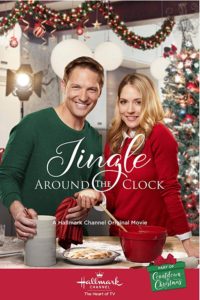 TrunkSpace: You founded Biz Books in 1996. How important has it been for you to maintain active interests in things other than on-screen work, and how do you juggle focus between the various endeavors?
TrunkSpace: You founded Biz Books in 1996. How important has it been for you to maintain active interests in things other than on-screen work, and how do you juggle focus between the various endeavors?
Lough Haggquist: Since the beginning of my career, I have always been active in the acting and entertainment communities at large. Through this, I realized that there was a significant need in the marketplace for a local source that could provide creative types in Vancouver (and elsewhere) with essential books, plays, scripts and products that could help them along.
I started Biz Books because I wanted to lead by example in supporting my community, but my desire to support others in trying to reach their artistic dreams has also expanded into other work I’m involved with like teaching and coaching. If we aren’t supporting each other, we have already failed.
As far as focus goes, I enjoy the fact that my career has balance to it and that I’m fortunate to be able to shift between different challenges, endeavors and mindsets. Acting taps into skills that I have developed, while other activities like teaching or Biz Books bring out knowledge that I have gained that can assist others. All of these are equally rewarding to me.
TrunkSpace: What has been the highlight of your career thus far?
Lough Haggquist: The highlight of my career so far was having the opportunity to attend a fan convention in London for “Once Upon a Time.” While there, I got to meet a number of men and women who shared their stories about how “Once Upon a Time” and the characters we had created had brought them joy, entertainment, and most importantly, community.
I am still in touch with a number of people that I met there. The whole experience really re-connected me with the importance of stories and storytellers.
TrunkSpace: Time machine question. If you could jump ahead 10 years and get a glimpse of what your career looks like a decade from now, would you take that journey? If not, why?
Lough Haggquist: No, because the best part of this whole adventure is the journey, not the destination.
Jumping ahead would only show where I end up, not what brought me meaning along the way. I have arrived many places that were not nearly as amazing as the trips to get there. I want to discover and create, not anticipate and expect.
“Jingle Around the Clock” airs Saturday on Hallmark Channel.



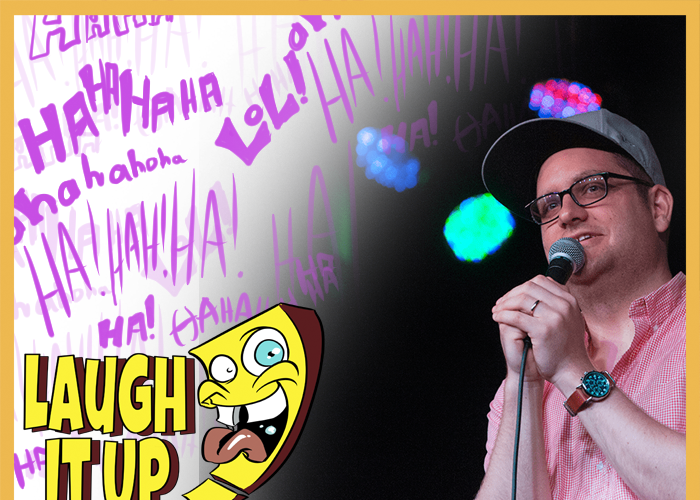
 Name: Alex Falcone
Name: Alex Falcone comedian they like. And I was definitely doing that. And now I’m doing an impression of the few times where I’ve really liked my comedy. I talk about somethings that are more important now, because I feel like my joke writing has gotten good enough that I can. When I was first learning, I always wanted to seem harmless. So audiences would give me the benefit of the doubt as I learned the actual skill set. So I cut my teeth telling jokes about dumb stuff like cake, and now I can talk about like, consent, in a way that is just as funny.
comedian they like. And I was definitely doing that. And now I’m doing an impression of the few times where I’ve really liked my comedy. I talk about somethings that are more important now, because I feel like my joke writing has gotten good enough that I can. When I was first learning, I always wanted to seem harmless. So audiences would give me the benefit of the doubt as I learned the actual skill set. So I cut my teeth telling jokes about dumb stuff like cake, and now I can talk about like, consent, in a way that is just as funny.

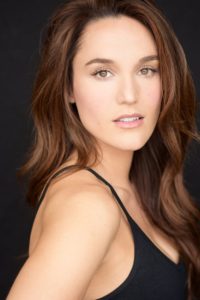
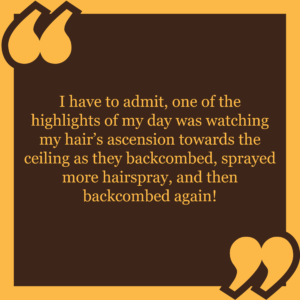 expressing yourself or expressing your character, which in many ways, is expressing parts of yourself as well. I’ve heard so many reasons you can’t do both and for a while, I wasn’t allowed to act while I was signed as a teen. But in this day and age, I think art is art and I’m just grateful to be swimming in that pond of creativity!
expressing yourself or expressing your character, which in many ways, is expressing parts of yourself as well. I’ve heard so many reasons you can’t do both and for a while, I wasn’t allowed to act while I was signed as a teen. But in this day and age, I think art is art and I’m just grateful to be swimming in that pond of creativity!
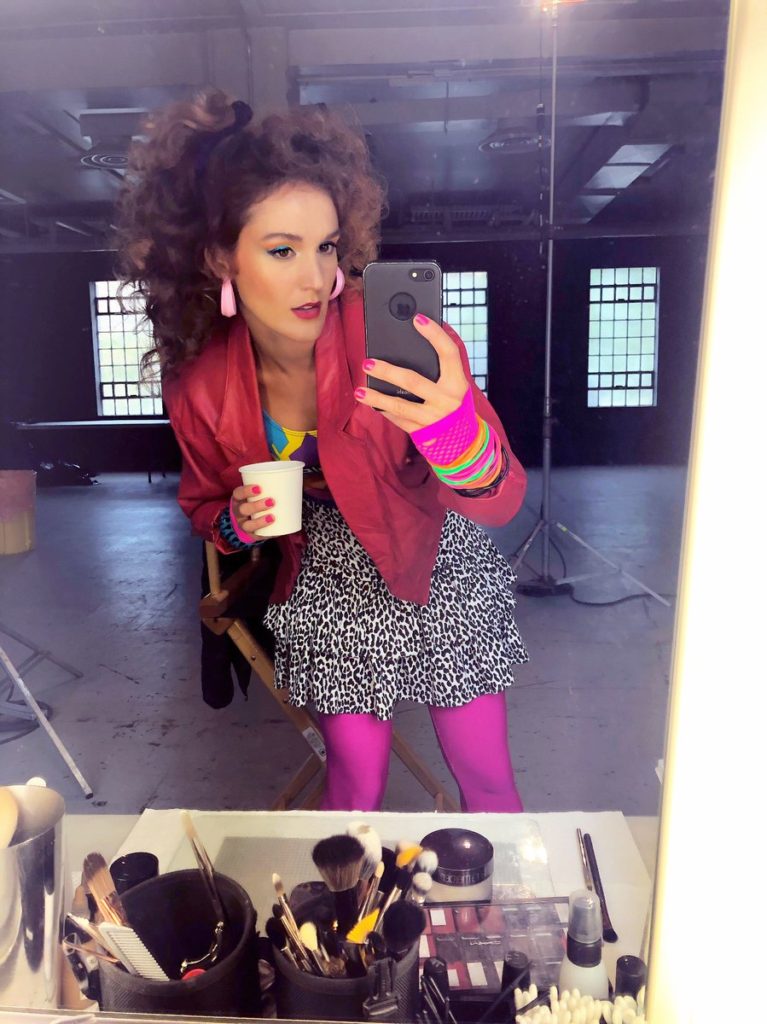 TrunkSpace
TrunkSpace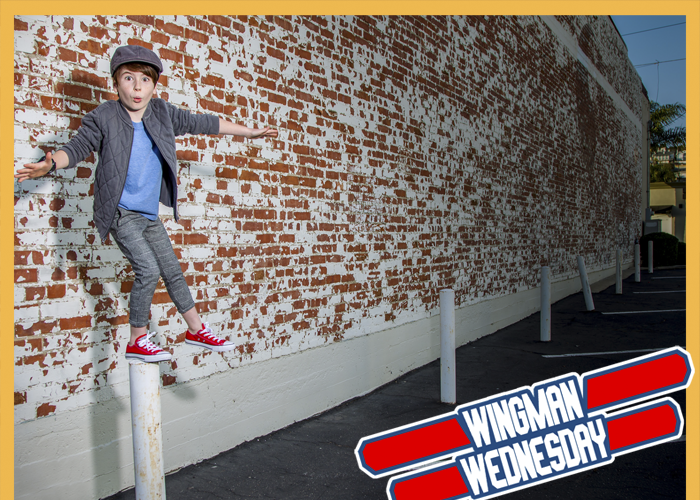
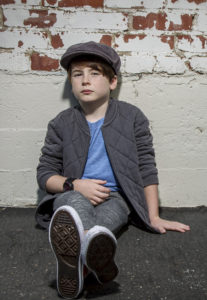
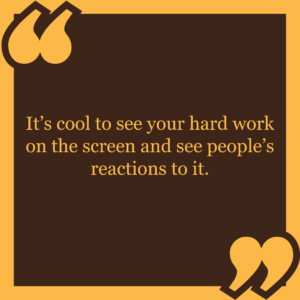 the character much, so this has been awesome to be able to put my own spin on him. You can see his character develop so much from the pilot. The first few episodes didn’t have much of a storyline for Ollie, but he slowly grows and gets more involved in each episode. I really like how Ollie and Fred start to bicker as the season goes on.
the character much, so this has been awesome to be able to put my own spin on him. You can see his character develop so much from the pilot. The first few episodes didn’t have much of a storyline for Ollie, but he slowly grows and gets more involved in each episode. I really like how Ollie and Fred start to bicker as the season goes on.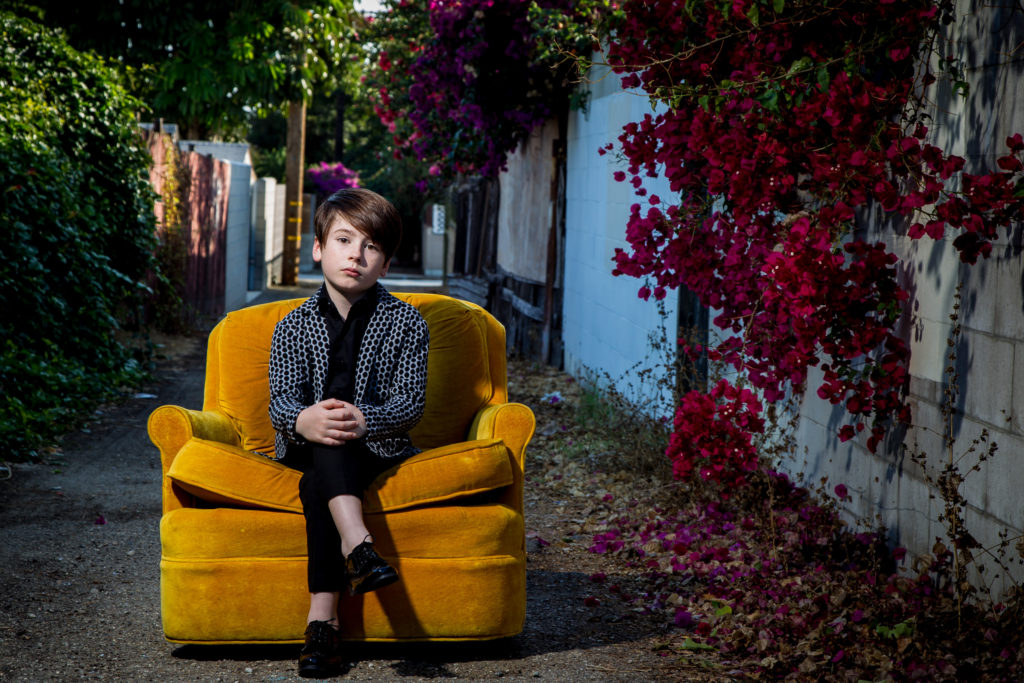
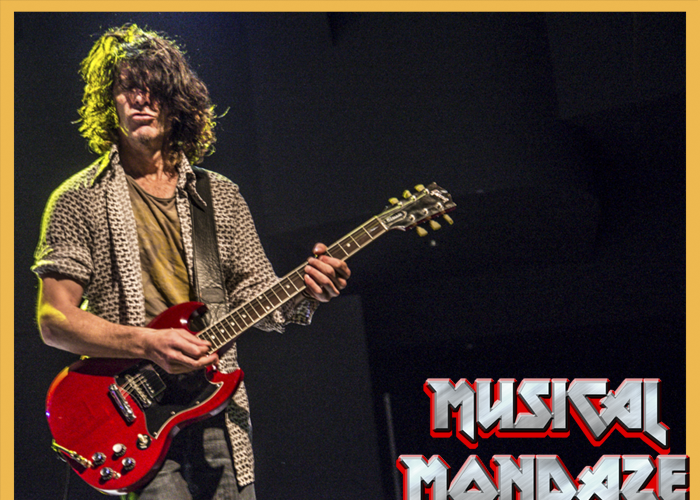

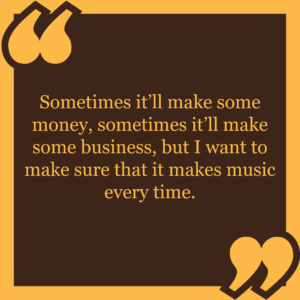 from a different angle, or always relearning or reimagining some aspect of something. Anything that’s worth your time in music, and I suppose you could extend that to business, too… I mean, I’m the type of musician that believes that… I kind of see my job as that I make music. And maybe I like to make ensembles, too. I enjoy doing that. But I make music. I think money and business – that kind of is the secondary thing to that. Sometimes it’ll make some money, sometimes it’ll make some business, but I want to make sure that it makes music every time.
from a different angle, or always relearning or reimagining some aspect of something. Anything that’s worth your time in music, and I suppose you could extend that to business, too… I mean, I’m the type of musician that believes that… I kind of see my job as that I make music. And maybe I like to make ensembles, too. I enjoy doing that. But I make music. I think money and business – that kind of is the secondary thing to that. Sometimes it’ll make some money, sometimes it’ll make some business, but I want to make sure that it makes music every time. I do a gig weekly where I play three sets a night, and the Spin Doctors used to do that same kind of gig. And if you can stretch out, your playing can get to some real, real fantastic depths, and you need diversity to be able to do that. You need to be a student of music to be able to try to get better at dynamics and all these sorts of things. So, yeah, I started realizing that I had a record. I was like, “Oh, I got to put this out. I haven’t done one of these in a long time.”
I do a gig weekly where I play three sets a night, and the Spin Doctors used to do that same kind of gig. And if you can stretch out, your playing can get to some real, real fantastic depths, and you need diversity to be able to do that. You need to be a student of music to be able to try to get better at dynamics and all these sorts of things. So, yeah, I started realizing that I had a record. I was like, “Oh, I got to put this out. I haven’t done one of these in a long time.”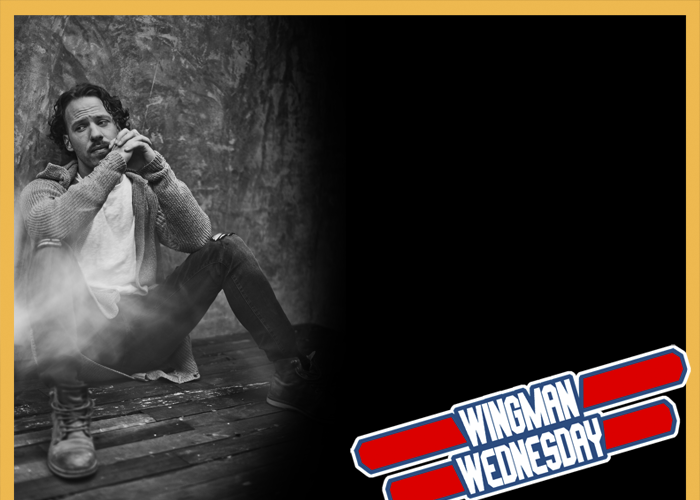

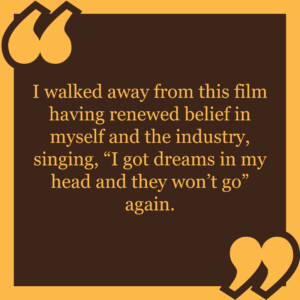 have a project like that come your way. Growing up, I have always been inspired to think, feel and act differently after coming out of a movie theater. Sometimes very significantly so, sometimes more subtly, but no matter what, most movies back then inspired me.
have a project like that come your way. Growing up, I have always been inspired to think, feel and act differently after coming out of a movie theater. Sometimes very significantly so, sometimes more subtly, but no matter what, most movies back then inspired me.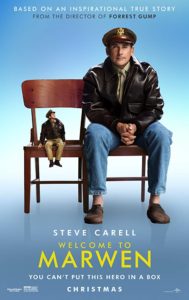 TrunkSpace: For the audience, the most memorable aspect of a film is the finished project, but we would imagine for you, it’s the process of seeing it all come together. What was the biggest highlight of being involved in the film thus far – the moment that you’ll carry with you through the rest of your life/career?
TrunkSpace: For the audience, the most memorable aspect of a film is the finished project, but we would imagine for you, it’s the process of seeing it all come together. What was the biggest highlight of being involved in the film thus far – the moment that you’ll carry with you through the rest of your life/career?
 Artist
Artist
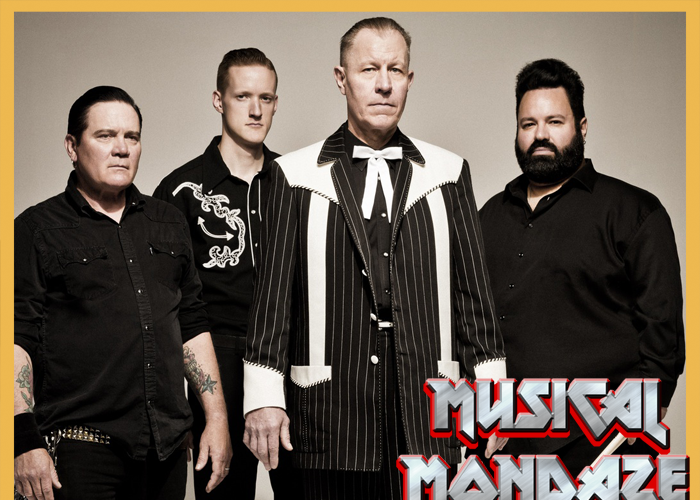
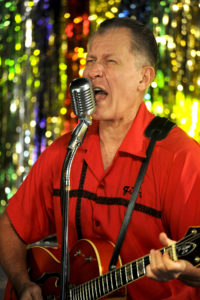
 asked back for a return gig, agents, label reps and all that made every gig pretty important. Now, none of that stuff matters much at all. I get up there, let it rip and have fun, even if it’s 20,000 people. That being said, I don’t enjoy the travel as much, but that’s what has to be done. I do still love hanging out with the guys in my band and crew. We have a lot of fun joking around and stuff.
asked back for a return gig, agents, label reps and all that made every gig pretty important. Now, none of that stuff matters much at all. I get up there, let it rip and have fun, even if it’s 20,000 people. That being said, I don’t enjoy the travel as much, but that’s what has to be done. I do still love hanging out with the guys in my band and crew. We have a lot of fun joking around and stuff.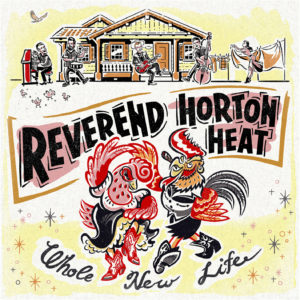 TrunkSpace: Your music is so infectious it could make Bernie from “Weekend at Bernie’s” get up and dance! When you set out to establish your sound all those years ago, was there a plan of attack or did the band’s sonic identity come together organically?
TrunkSpace: Your music is so infectious it could make Bernie from “Weekend at Bernie’s” get up and dance! When you set out to establish your sound all those years ago, was there a plan of attack or did the band’s sonic identity come together organically?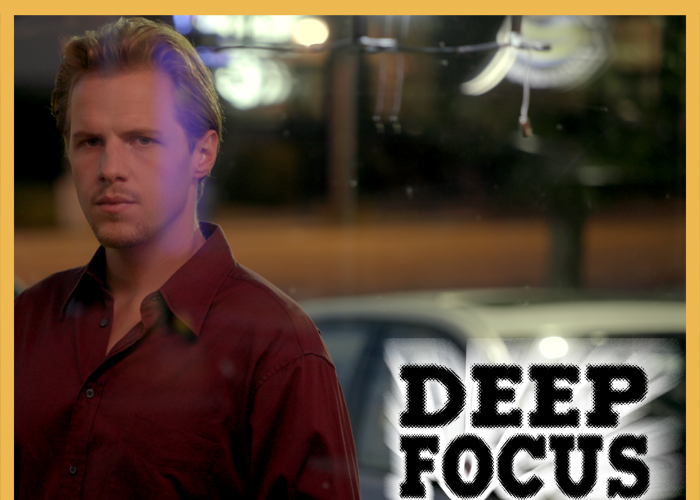
 In our ongoing column Deep Focus, TrunkSpace is going behind the camera to talk with the directors, writers and producers who infuse our world with that perennial pop culture goodness that we can’t get enough of.
In our ongoing column Deep Focus, TrunkSpace is going behind the camera to talk with the directors, writers and producers who infuse our world with that perennial pop culture goodness that we can’t get enough of.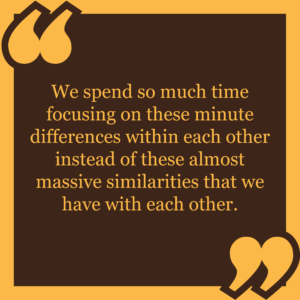 example would be, in the old draft Henry and Randy have this card hustle kind of thing they were doing. They were like small time thieves and the whole opening bit is this five minutes of them hustling people on the boardwalk to earn some cash, and then they get caught and they run from the cops. It’s like this totally different thing. And when I reread that draft, I was like, “First of all, we’re selling a character-driven story that’s going to seem more drama than comedy. We don’t necessarily need this action bit. We don’t have time to shoot this action bit. It’s not really relevant to the core of all these characters and getting people invested into them. So let’s just remove that bit totally.” Then as we started looking at certain cast members to play certain roles, we were able to highlight a lot of their own experiences with the spectrum in their own lives and the things they’ve gone through. I’ve been friends with Scout (Taylor-Compton) since I was like 12 years old. I’ve had the fortune of growing up with her and learning about her. We’ve been friends for a long time, and she’s one of the most incredible actors I know. And when she decided to sign on for Cassie it was like, “Oh, I have this wealth of personal experiences that I have with Scout and with my friendship, and throughout collaborating, and throughout the years that we can put into this character Cassie. And she can have all these different layers to it just by what she’s thinking.” And that’s really what we did is we went through and we fleshed out all the characters and made them as relatable as possible.
example would be, in the old draft Henry and Randy have this card hustle kind of thing they were doing. They were like small time thieves and the whole opening bit is this five minutes of them hustling people on the boardwalk to earn some cash, and then they get caught and they run from the cops. It’s like this totally different thing. And when I reread that draft, I was like, “First of all, we’re selling a character-driven story that’s going to seem more drama than comedy. We don’t necessarily need this action bit. We don’t have time to shoot this action bit. It’s not really relevant to the core of all these characters and getting people invested into them. So let’s just remove that bit totally.” Then as we started looking at certain cast members to play certain roles, we were able to highlight a lot of their own experiences with the spectrum in their own lives and the things they’ve gone through. I’ve been friends with Scout (Taylor-Compton) since I was like 12 years old. I’ve had the fortune of growing up with her and learning about her. We’ve been friends for a long time, and she’s one of the most incredible actors I know. And when she decided to sign on for Cassie it was like, “Oh, I have this wealth of personal experiences that I have with Scout and with my friendship, and throughout collaborating, and throughout the years that we can put into this character Cassie. And she can have all these different layers to it just by what she’s thinking.” And that’s really what we did is we went through and we fleshed out all the characters and made them as relatable as possible. 